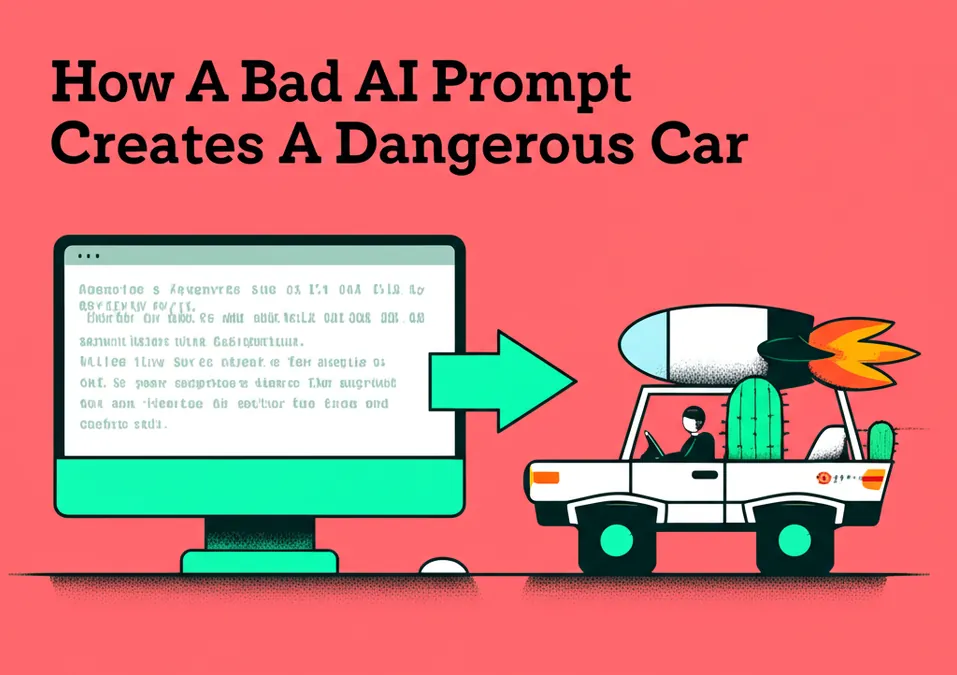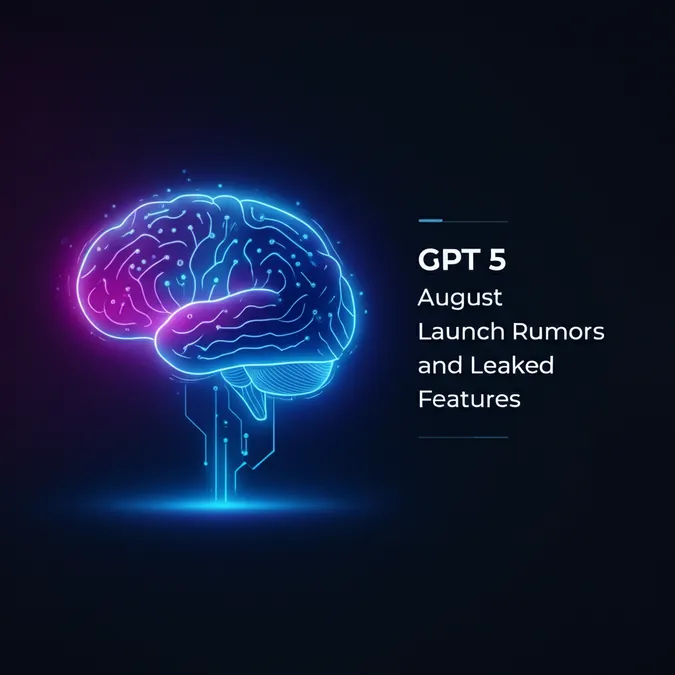Developer Offer
Try ImaginePro API with 50 Free Credits
Build and ship AI-powered visuals with Midjourney, Flux, and more — free credits refresh every month.
ChatGPT Agent Automates Your Life But Puts You At Risk
OpenAI has just launched a powerful new feature for its paid subscribers: the ChatGPT agent. This new tool is designed to act as your personal assistant on the web, boosting productivity by automating a wide range of online tasks. However, this convenience comes with a significant security warning that users cannot afford to ignore.
What is the New ChatGPT Agent?
Available to Plus, Pro, and Team subscribers, the ChatGPT agent represents a major leap in AI capability. It can be authorized to perform tasks that previously required manual effort, such as logging into websites, reading your emails, making reservations, and interacting with popular services like Gmail, Google Drive, and GitHub.
While this feature was announced with the promise of making AI agents more useful in our daily lives, its power also creates new and serious security challenges.
The Hidden Danger: Prompt Injection Attacks
Alongside the launch, OpenAI issued a direct warning about the agent's potential to expose sensitive user data. In a company blog post, they stated that giving the agent access to websites or connectors allows it to see information like emails, files, and account details.
The primary threat is a vulnerability known as "prompt injection." This is an attack where malicious actors embed hidden instructions into content the AI might read, such as a webpage, blog post, or email. If the agent processes this hidden command, it can be tricked into taking unintended and harmful actions, like sharing your private files or sending sensitive data to an attacker’s server.
How Prompt Injection Works: A Deeper Dive
To understand the risk, it's helpful to see prompt injection as a modern form of a classic hack. According to Steven Walbroehl, CTO of cybersecurity firm Halborn, it’s a new take on command injection. “It’s a command injection, but the command injection, instead of being like code, it’s more social engineering,” he explained. “You’re trying to trick or manipulate the agent to do things that are outside the bounds of its parameters.”
Unlike traditional hacking that exploits rigid code, prompt injection leverages the fluid and unpredictable nature of natural language. This makes it particularly tricky to defend against. Walbroehl warns that even strong security measures like multi-factor authentication (MFA) could be bypassed. If an agent can read your emails or text messages, it could potentially fetch the backup codes needed to break into your accounts.
How to Protect Yourself
Given these risks, exercising caution is essential. OpenAI recommends users activate the “Takeover” feature when entering sensitive credentials like passwords. This pauses the agent and returns full control to you, preventing the AI from seeing your login details.
Cybersecurity experts like Walbroehl suggest a layered security approach. This includes:
- Using Safeguards: Employ tools like endpoint encryption and password managers to protect your data at its source.
- Manual Overrides: Always maintain the ability to step in and stop the agent's actions.
- Specialized Monitoring: Walbroehl suggests a future where a “watchdog” agent could monitor other AIs for suspicious behavior, providing an early warning against potential attacks.
Ultimately, while the ChatGPT agent is a groundbreaking tool, users should grant it limited access and remain vigilant until more robust security solutions are in place.
Compare Plans & Pricing
Find the plan that matches your workload and unlock full access to ImaginePro.
| Plan | Price | Highlights |
|---|---|---|
| Standard | $8 / month |
|
| Premium | $20 / month |
|
Need custom terms? Talk to us to tailor credits, rate limits, or deployment options.
View All Pricing Details

